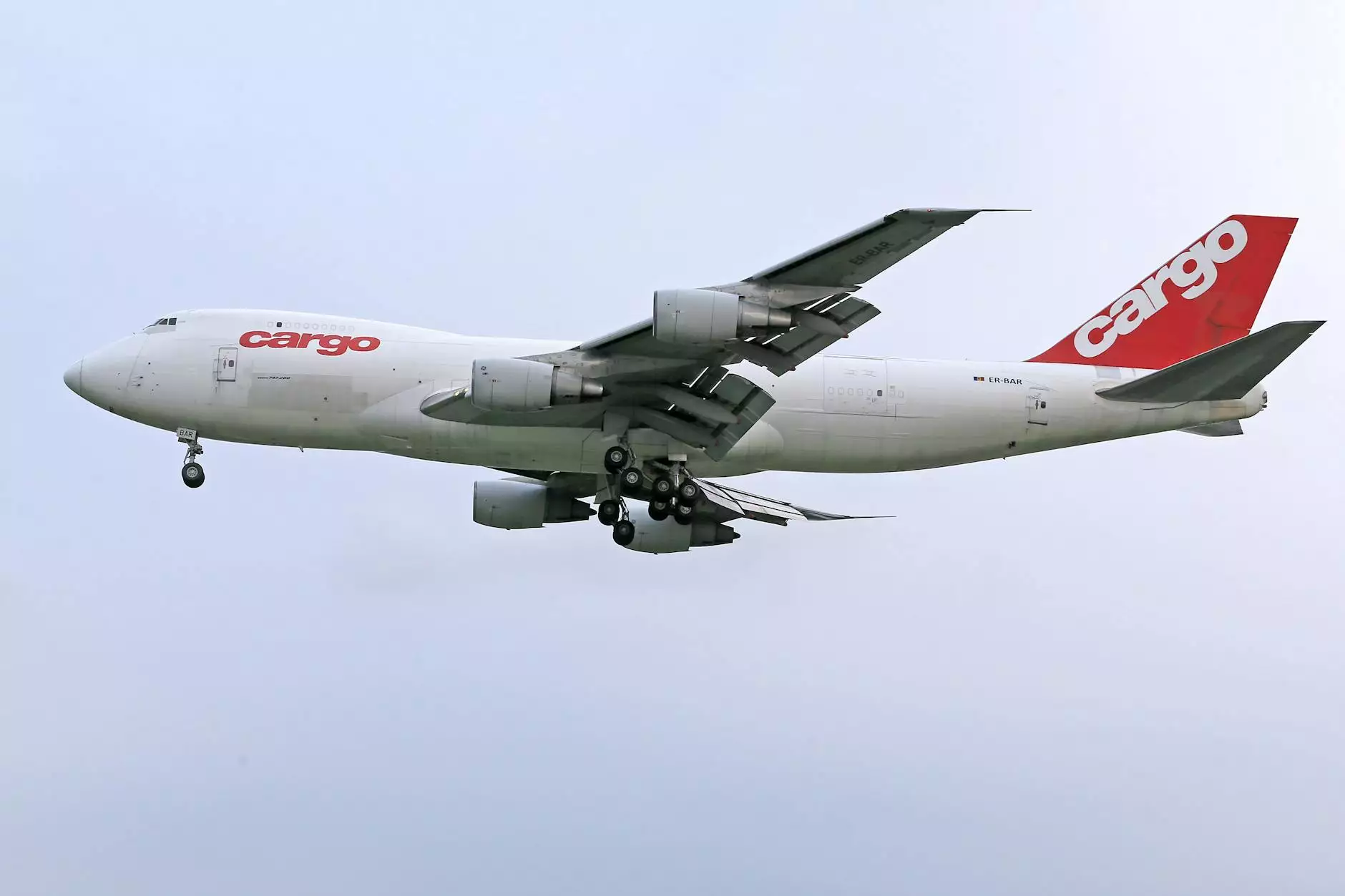The Comprehensive Guide to Air Freight Price per KG

Air freight has become an indispensable aspect of global commerce, especially for businesses that require fast, reliable transportation for their goods. Understanding the air freight price per kg is crucial for companies seeking to optimize their shipping expenses and maintain a competitive edge. This article will delve deep into the intricacies of air freight pricing, explore the factors that influence costs, and provide practical tips for businesses looking to navigate this essential part of the logistics landscape effectively.
Understanding Air Freight Pricing
Air freight pricing is fundamentally based on the weight and dimensions of the cargo being shipped. It is essential for shippers to understand how these elements are calculated in order to determine the air freight price per kg accurately. The pricing framework generally applies two primary metrics:
- Chargeable Weight: This is calculated based on the greater of the actual weight or the volumetric weight (dimensional weight). The volumetric weight is calculated using the formula: Length × Width × Height / Dimensional Factor.
- Minimum Charge Policies: Many carriers impose a minimum charge per shipment, which can significantly affect the cost for smaller shipments.
Factors Influencing Air Freight Prices
Numerous factors affect the air freight price per kg, and being aware of them can help businesses plan and budget their shipping expenses more efficiently:
1. Shipment Size and Weight
The sheer size and weight of the shipment play a crucial role in determining costs. Heavier and bulkier items generally incur higher freight charges.
2. Distance and Destination
The distance between the origin and destination airport significantly impacts the price. Longer distances usually equate to higher freight charges, alongside possible additional costs for customs clearance and duties.
3. Shipping Route
Some routes may be more competitive than others, leading to variations in cost. Established and frequently traversed routes might have better rates due to availability and demand.
4. Air Freight Classifications
Cargo is categorized into different classes, including general cargo, temperature-controlled containers, and dangerous goods. These classifications affect pricing since specialized transport usually costs more.
5. Seasonal Demand
The time of year can impact air freight pricing significantly. During peak seasons like the holiday rush, prices tend to rise due to increased demand for air transport services.
Types of Air Freight Services
When analyzing the air freight price per kg, it is important to understand the different types of air freight services available, as each type can significantly affect overall shipping costs:
- Standard Air Freight: This is the most commonly used service for general cargo, offering a balance between cost and transit time.
- Express Air Freight: This service prioritizes speed and is ideal for time-sensitive shipments, but it usually comes with a premium cost.
- Consolidated Air Freight: Combining shipments from multiple customers, consolidated shipping can significantly reduce costs.
- Private Charter: For oversized or specialized shipments, a private charter may be the most appropriate option, albeit at a higher expense.
How to Calculate Air Freight Costs
Calculating air freight costs involves understanding several components that contribute to the air freight price per kg:
Step-by-Step Calculation
- Calculate Actual Weight: Weigh your shipment on a certified scale.
- Calculate Volumetric Weight: Measure dimensions and apply the volumetric formula mentioned earlier.
- Determine Chargeable Weight: Use the greater of the actual weight or volumetric weight.
- Apply the Freight Rate: Multiply the chargeable weight by the freight rate per kg offered by the carrier.
- Add Additional Charges: Factor in any additional costs such as fuel surcharges, security fees, and customs duties.
Strategies for Reducing Air Freight Costs
To navigate the complexities of air freight pricing and reduce the air freight price per kg, consider implementing the following strategies:
1. Optimize Packaging
Minimizing the volume of your package can lead to weight savings and, consequently, lower shipping costs. Use appropriate packing materials to protect products without excessive bulk.
2. Consolidate Shipments
Consolidation involves grouping smaller shipments into one larger shipment to take advantage of bulk pricing. This can lead to significant savings on a per-kg basis.
3. Negotiate Rates with Carriers
Building relationships with carriers can yield better rates. It’s worth negotiating terms and finding the best long-term logistics partner.
4. Leverage Technology
Utilizing freight management software can help shippers analyze pricing data, track shipments, and optimize logistics plans effectively.
Conclusion: Making Informed Decisions
In conclusion, understanding the factors that contribute to the air freight price per kg is vital for businesses aiming to enhance their shipping strategies. The air freight market is dynamic and can be influenced by a plethora of elements, including shipment specifications, seasonal variations, and carrier relationships. By employing strategic approaches to minimize costs and engaging with trustworthy logistics partners, businesses can save money while ensuring timely delivery of their goods.
For companies seeking reliable air freight solutions, Cargobooking.aero offers comprehensive services tailored to meet diverse shipping needs. Leveraging expertise across multiple categories including Shipping Centers, Transportation, and Airports, Cargobooking is positioned to help businesses navigate the complexities of air freight with confidence.









